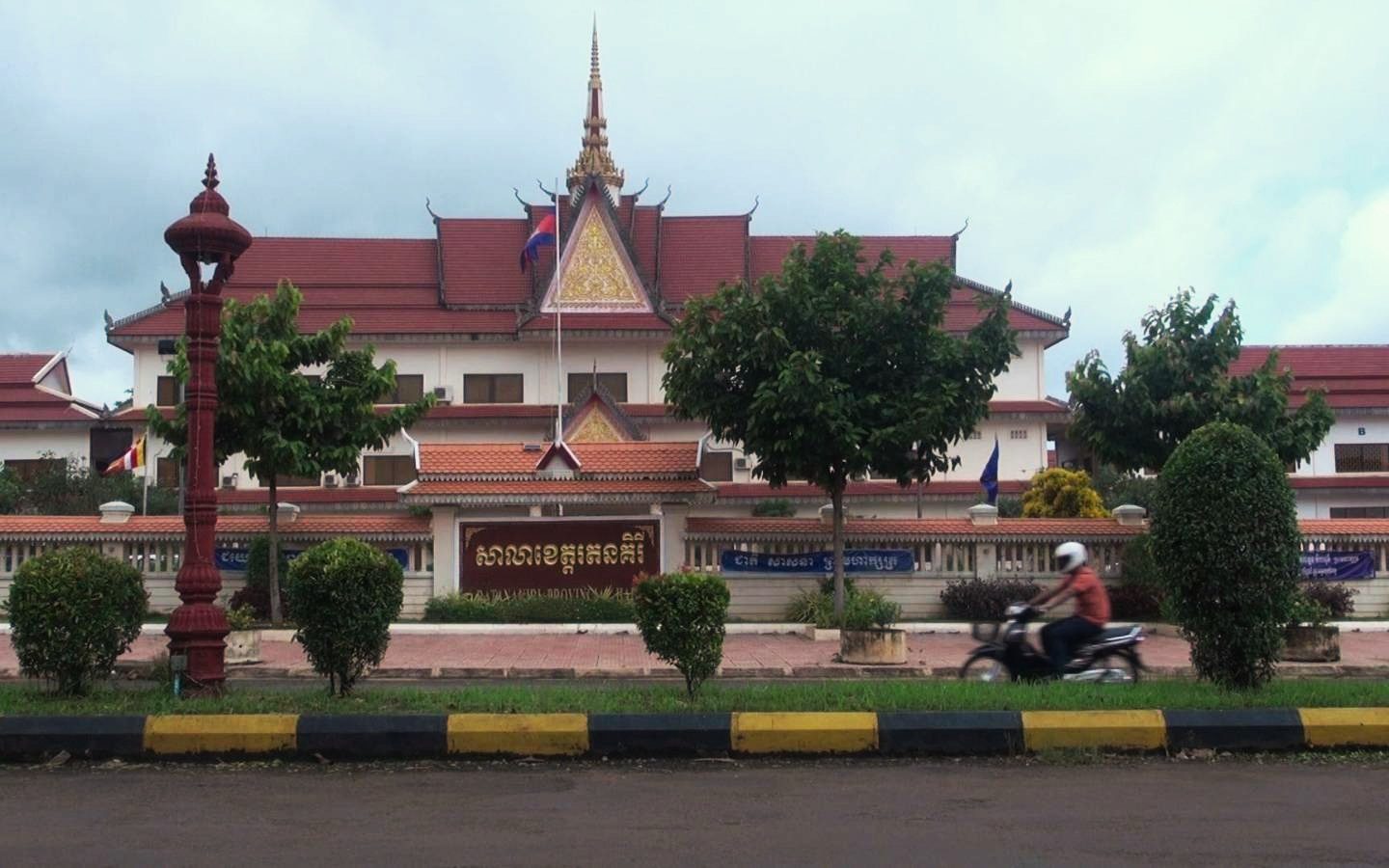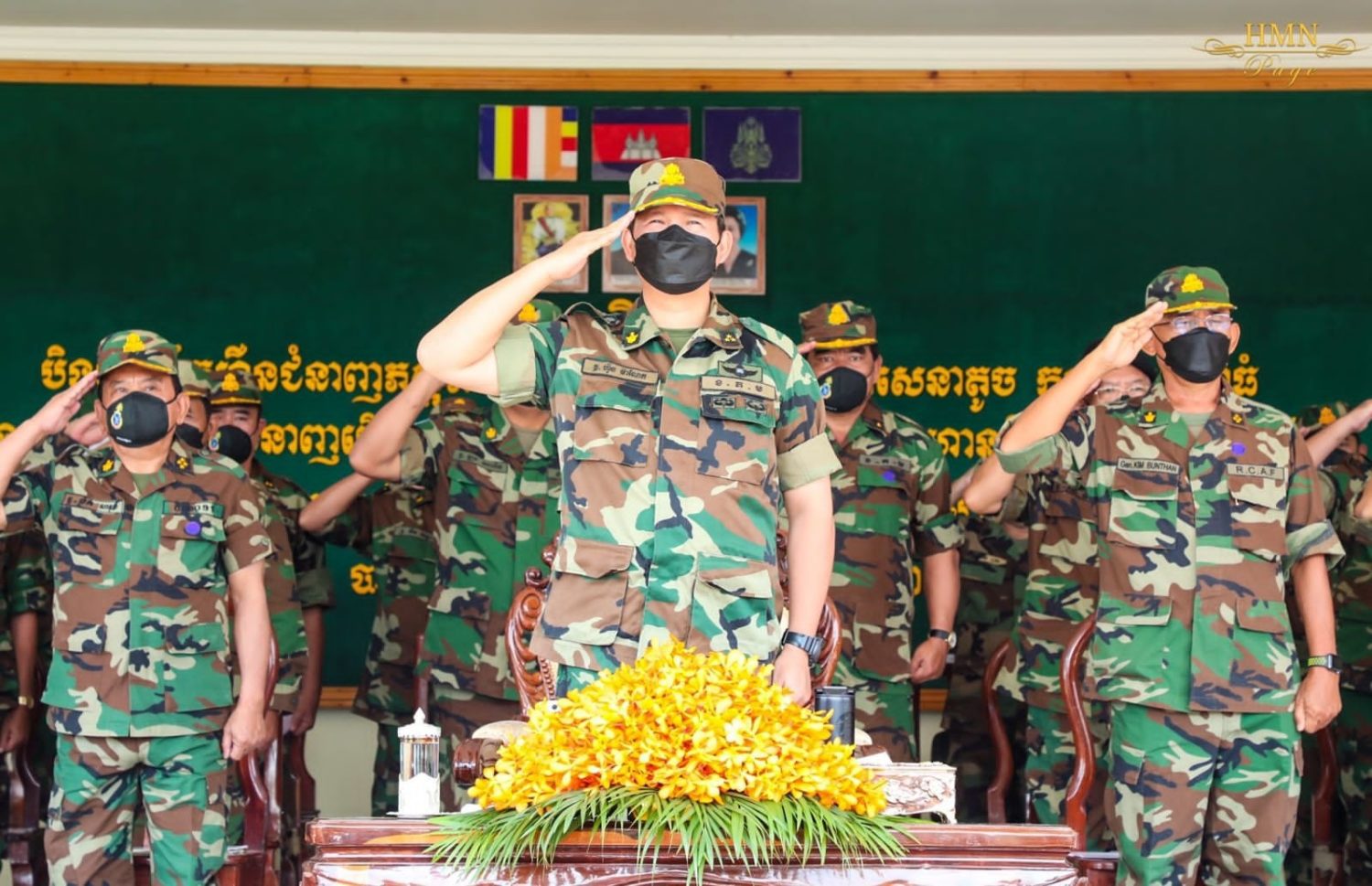Around 4,000 hectares of state forests have been transferred to collective ownership by indigenous groups in Ratanakiri, according to government decrees.
The process of issuing communal titles for indigenous groups has been a slow process, established in 2009 and requiring three steps: official recognition of an indigenous community, registration of the community as a legal entity, and issuance of a title.
But as of 2019, just 150 of an estimated 455 communities had been recognized, 139 registered, and 24 received land titles, according to a civil society forum at the time.
A set of government decrees released on Friday allocated 1,217 hectares of state forest to Kreung collective ownership in O’Chum district’s La’ak commune; 1,986 hectares of forest and a further 62 hectares of a biodiversity corridor to a Brao community in Taveng district’s Taveng Loeu commune; and and 762 hectares to another Brao community in a different village in the same commune.
Ratanakiri provincial governor Nhem Sam Oeun said land was in the process of being distributed to 28 indigenous communities in the province as ancestral, burial and agricultural land.
“With this, we want them to preserve their traditions and cultures to prevent them from selling to outsiders,” Sam Oeun said. With communal titles, “there are many conditions that restrict selling to outsiders.”
The province had about 700,000 hectares of protected areas, and the land handed to indigenous communities was already in use by them, he said.
Keap Su, Taveng Loeu commune police chief, said he knew of around 1,000 families farming in his commune waiting for the land titles. They undertake rotational farming, but were struggling with cultivation as well as a previous land reclassification that made indigenous communities fearful of using the land, he said.
Around 70% of families were late in loan repayments, he estimated.
The land-transfer documents were signed by Prime Minister Hun Sen on May 16.
Other decrees released on Friday show 225 hectares in Ratanakiri’s Banlung city allocated to 1,249 families, and three buildings on 400 square meters in Banteay Meanchey’s Serei Saophoan city transferred to three officer families, without specifying what institutions they work for. The documents offered few details on those land privatizations.













